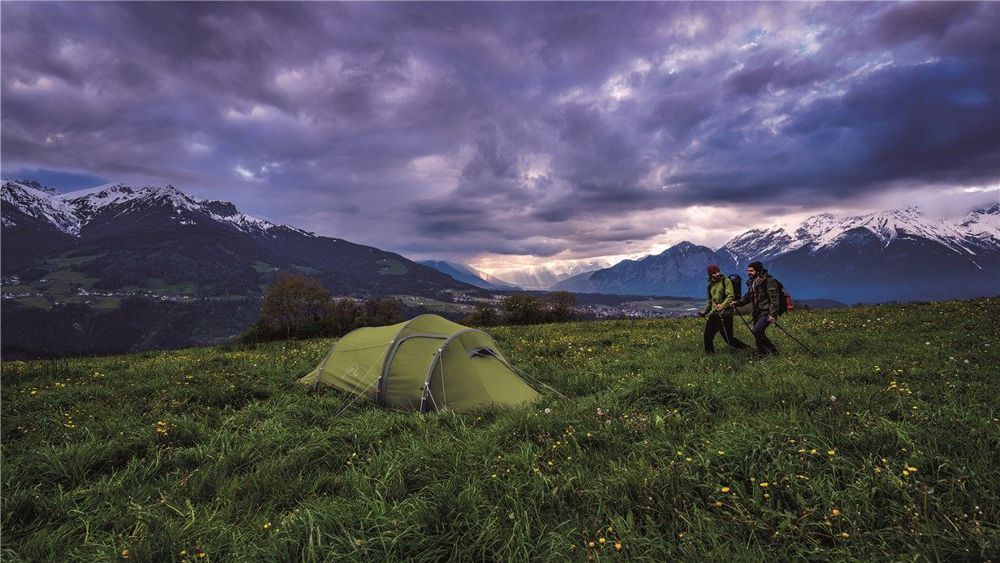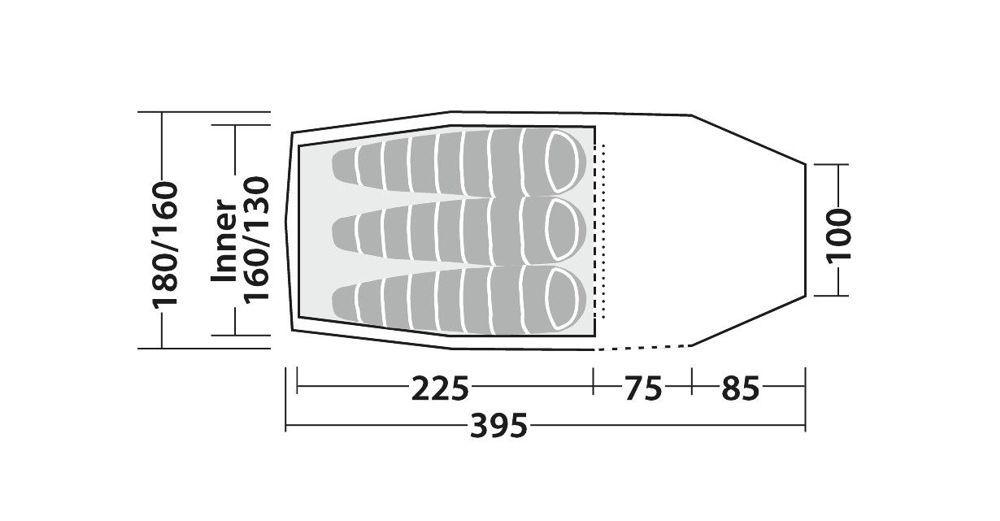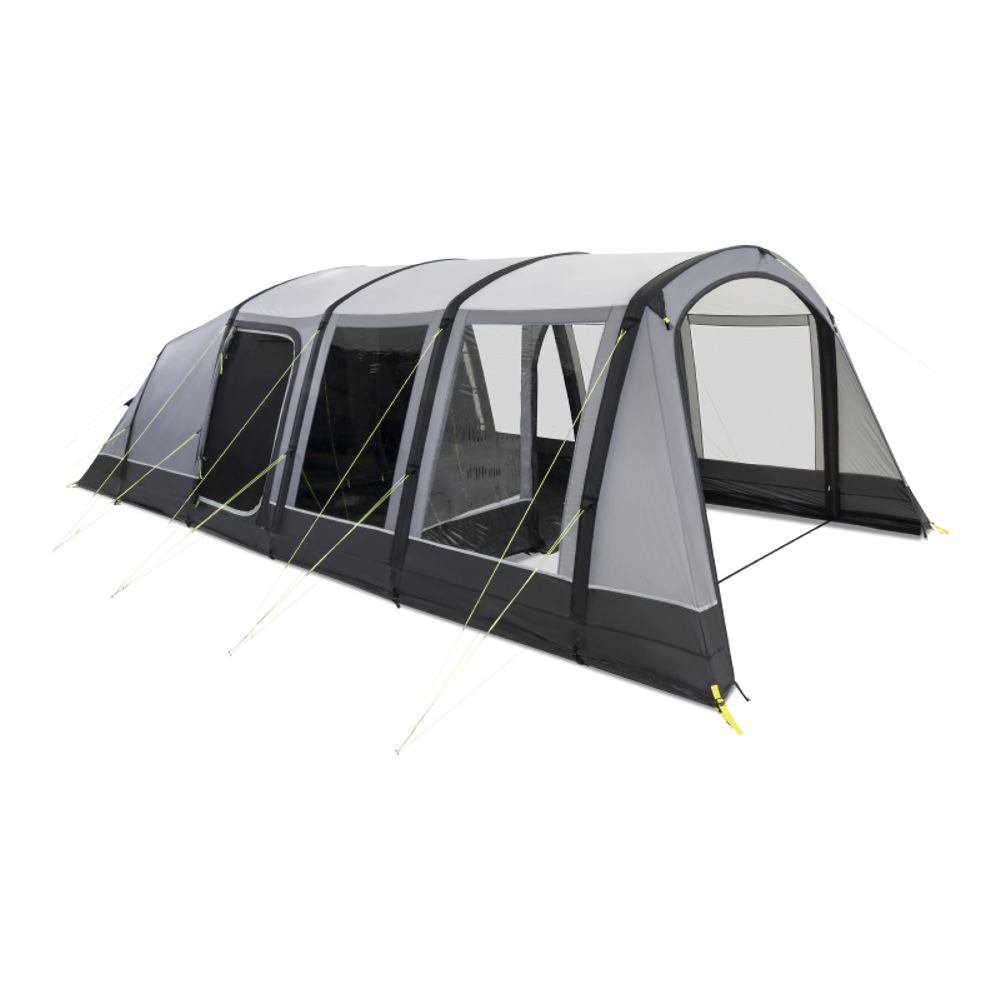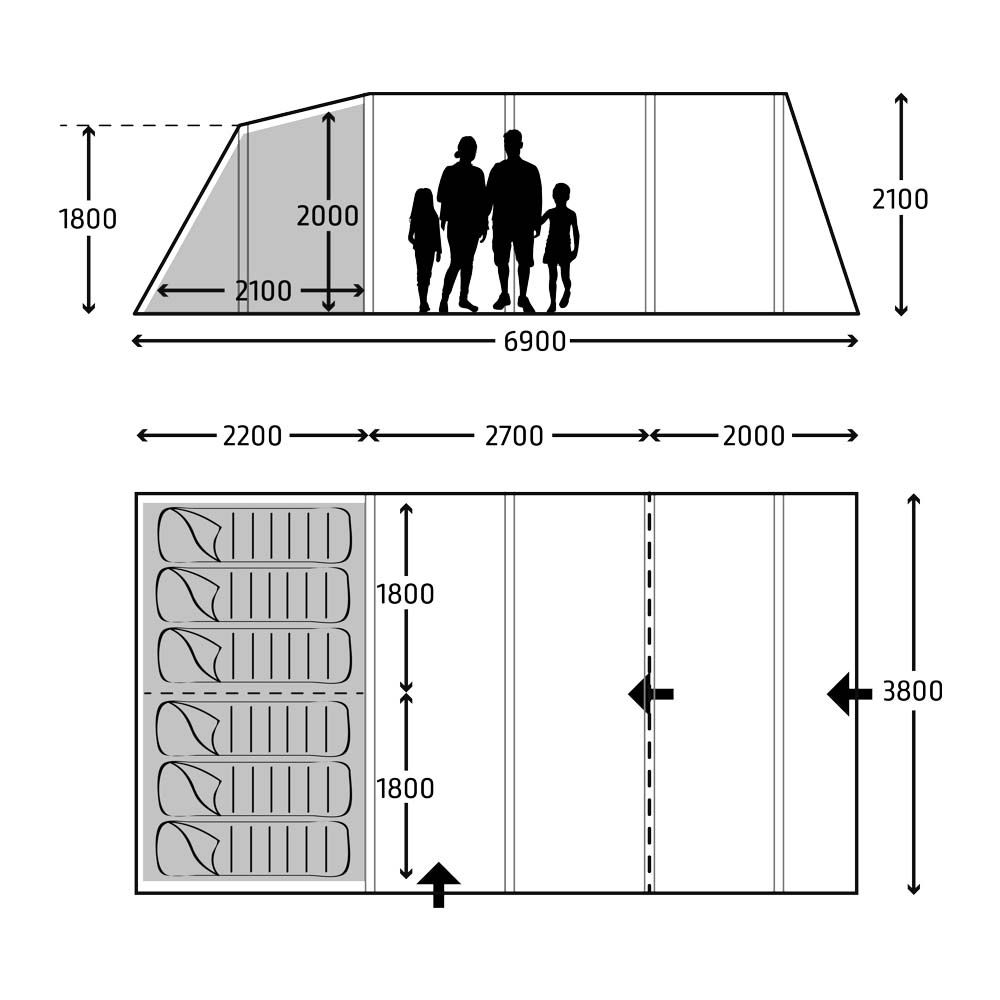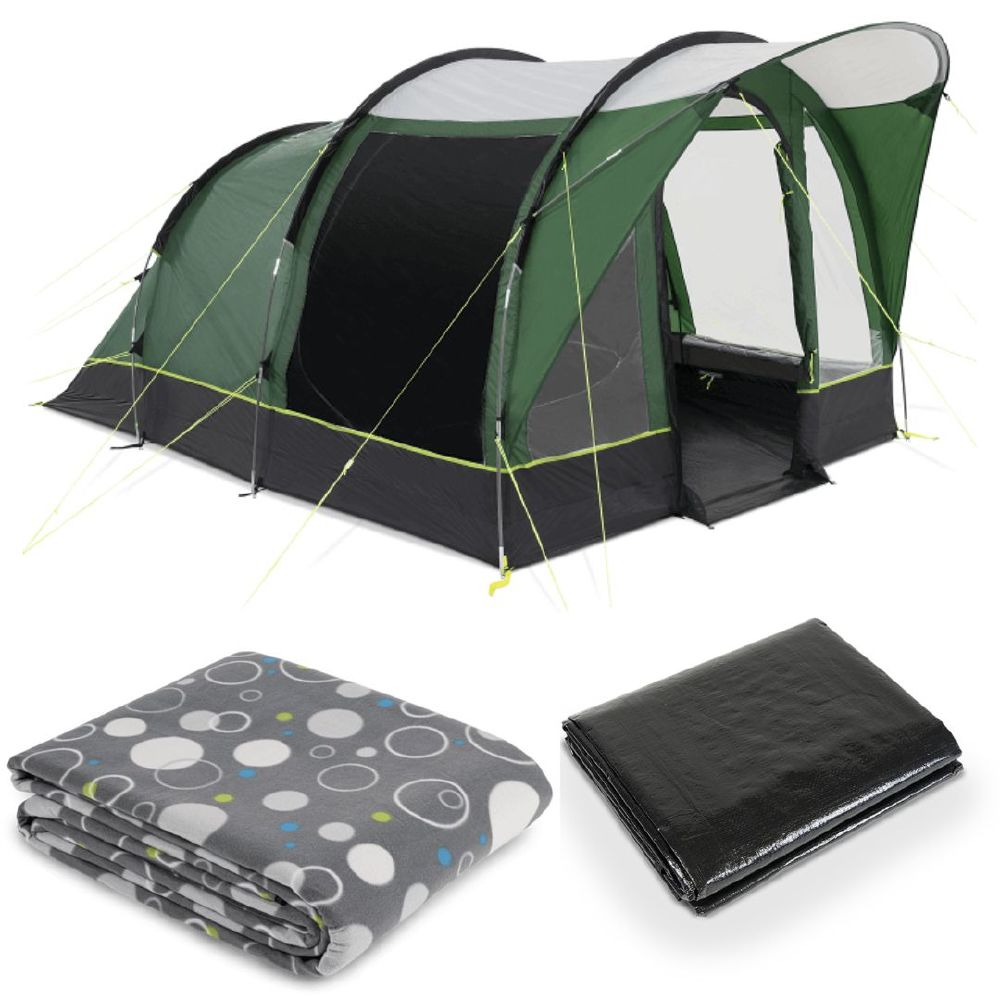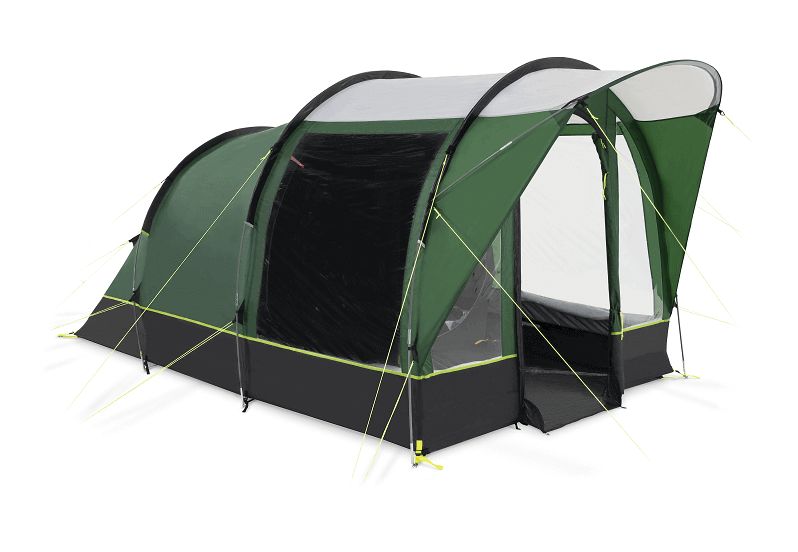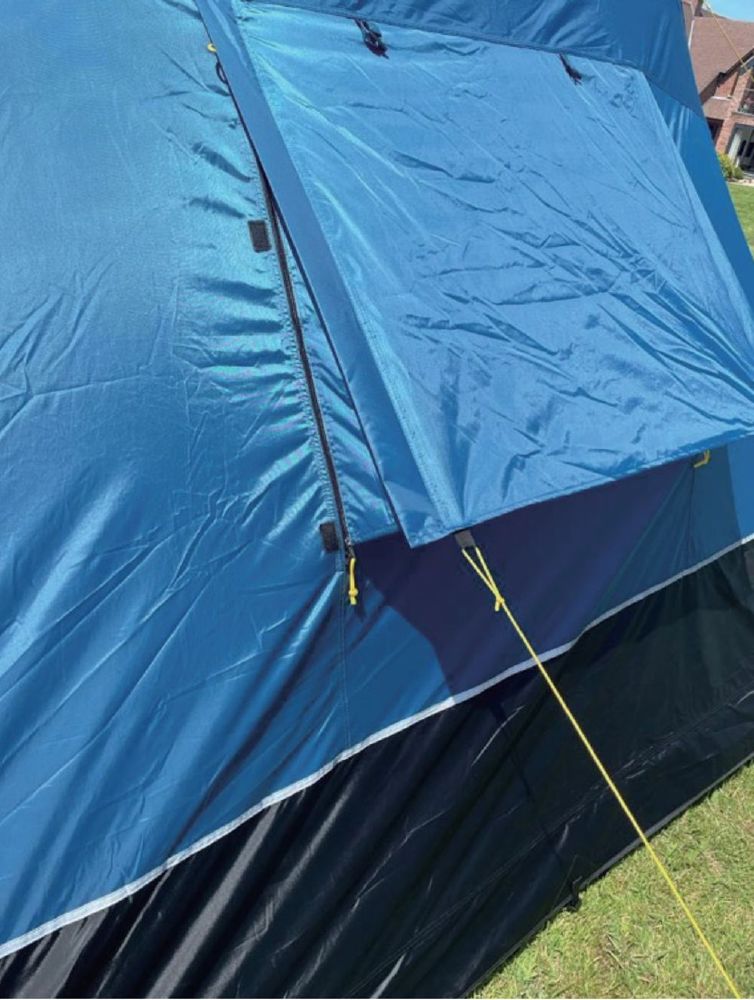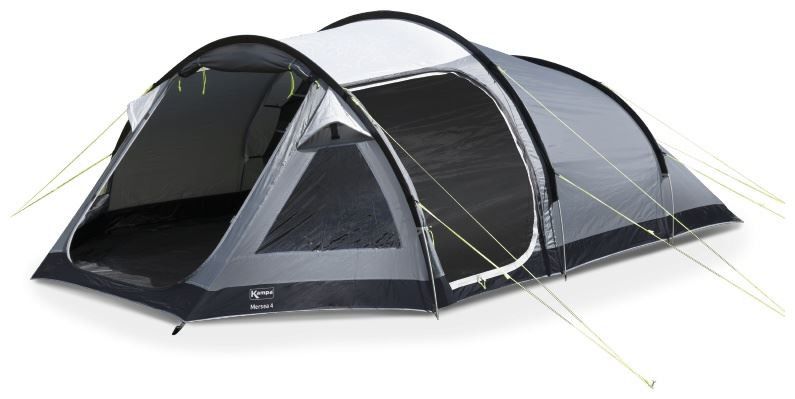Description
Terra Nova Trisar 2 D Tent
Terra Nova Trisar 2 D Tent is a great geodesic tent with 2 doors and porches
The 'inner pitch first' design provides extra stability and great protection from all but the worst of the weather.
The freestanding format also makes this tent ideal for camping where the ground is less firm, as it doesn't rely on guy lines and pegs to support its main structure.
This 2 man tent has been designed for year round backpacking trips and is also well suited for group, Duke of Edinburgh Award or Scout use in more exposed conditions.
The Trisar 2D has front and back ventilation and both vents can be adjusted from the inside of the tent. The flysheet doors are particularly versatile - opening from the top, bottom or fastening at the side, allowing you to cater for changes in weather and weather direction.
With 2 porches, the Trisar 2 D offers flexibility for gear storage and access. The Trisar range uses Wild Country Superflex alloy poles and tried and tested Wild Country high performance flysheet and groundsheet fabrics
Groundsheet protectors (footprints) to prolong the life of the tent and help keep it clean. (Optional Extra)
Terra Nova Trisar 2 D Tent Specification
Sleeps: 2
Season Rating Spec: 4 Season Mountain / Trekking
Free standing?: Yes (tent can be pitched without guying out)
Minimum Weight: 3.25Kg (7lb 3oz)
Packed Weight: 3.5Kg (7lb 12oz)
Pitch Time (estimate): 10 mins
Number of Porches: 2
Number of Doors: 2
Pitch Type: Inner pitch first
Pack size: 50cm x 18cm
Range: 4 Season Backpacking
Flysheet: Stormtex P4000mm FR
Floor: Aqua Stop P6000mm
Poles: 8.5mm Superflex Alloy
Pegs: 18 x Alloy V-Angle
Guylines: 10 x Black Reflective
Inner Door: x2 Full Mesh & Solid Door
Spacious, 2 door option of the popular Trisar style
Suitable for most outdoor environments
4 season design ideal for expedition use
Inner pitch first
Free-standing design
UV Degradation:
Be aware that (UV) ultraviolet rays will damage your tent if you expose it to direct sunlight for longer periods of time.
Polyester Awnings & Tents regardless of quality of denier material are made for camping use which is normally 2-5 weeks usage a year.
They are not designed for permanent usage and should only be used as camping products.
Camping near the sea or lake can further enhance the effect of UV radiation.
The same applies to poles and metal parts
"UV light will cause the fabric to fade, lose strength, and eventually disintegrate. The amount of UV damage is directly related to the fabric's exposure to the sun and the altitude at which the tent is pitched.
If it is left pitched during the day, high-altitude exposure can damage a tent beyond use within a month."
What is UV Degradation?
UV degradation refers to the breaking down of fabrics and materials, when exposed to ultraviolet radiation, due to exposure to the sun. Long term exposure to sunlight, can cause fabric such as polyester to degrade, beginning to rip, tear and become very brittle.
Why Do Manufacturers not cover UV Degradation Under Warranty?
UV degradation is a sign the product has reached a natural end to it's lifetime. There are different fabrics, different thicknesses of fabric, and treatments to help protect against exposure to sunlight.
However, given time, the sun will do it's job in breaking down those materials, to the point where they become unstable.
If a polyester tent or awning has suffered UV degradation, chances are it has been used to the point where its lifetime is ending, or it has been permanently pitched.
Polyester Tents & Awnings are a temporary shelter, and they are not designed to be left long-term pitched, unless they are specifically designed for residential pitches, and use harder wearing fabrics such as 100% cottons, which can take exposure to UV light on a longer-term basis.
Polyester Tents & Awnings have it pretty rough. Their purpose is to keep you protected from the elements, so by definition, they’re exposed to nature’s fury. Season after season, your trusty tent or tarp is subjected to wind, rain, dust, snow, hail, animals, and (sometimes) careless users.
But for a shelter that has been treated well over the years, the thing that will eventually kill it is something you might not expect: the sun.
In addition to visible light, the sun emits a massive amount of ultraviolet (UV) radiation, which has a shorter wavelength than visible light and is present wherever there is sunlight.
While inorganic materials (like silicone and metal) are largely unaffected by UV radiation, organic compounds (i.e., anything containing carbon, not just your fancy kale) can be damaged by exposure to UV.
This includes all organic polymers, whether synthetic (like nylon and polyester) or naturally occurring (like cotton and wool).




